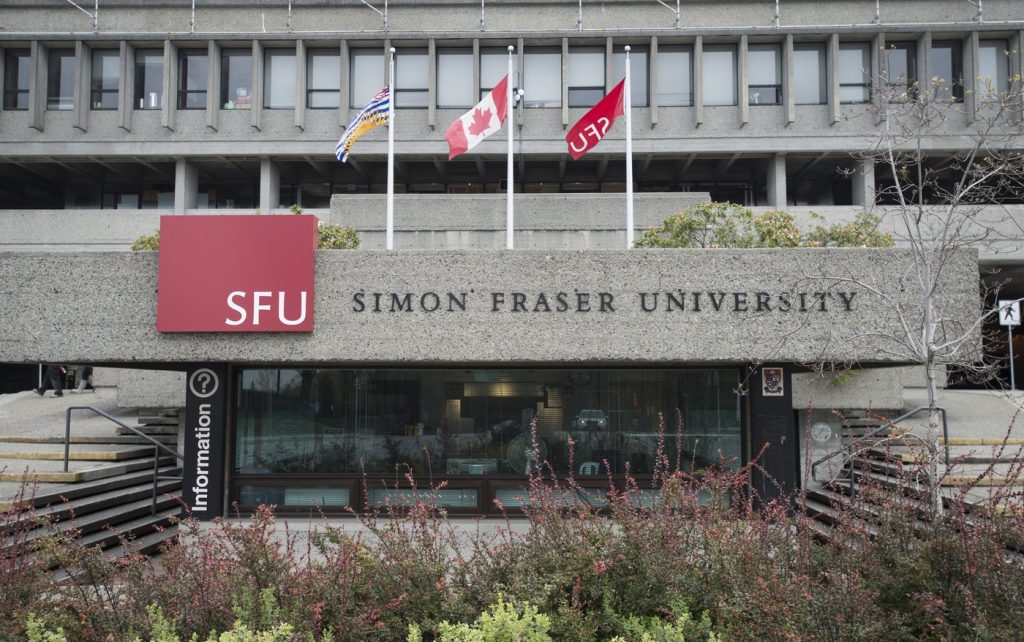VANCOUVER – The British Columbia Supreme Court has ruled in favor of the Simon Fraser University Faculty Association regarding resolutions that condemned Israel's military actions in Gaza and called for the university to divest from arms manufacturers. This decision comes amidst controversies surrounding the faculty association's engagement in geopolitical issues.
The resolutions were adopted by the faculty association in the previous year, but they faced opposition from a subset of members. These dissenting members argued that the association's engagement in such divisive political topics was inconsistent with its core purpose, suggesting that political advocacy should be limited to campus-related matters.
The ruling released on Tuesday highlights the resolutions' comprehensive introductions, which detailed Israel's "unrelenting assault" on Gaza, cited the number of Palestinian casualties, and pointed out the university's financial ties to arms manufacturers. The judgment emphasized that both resolutions were the subject of "vigorous debate" within the faculty association, reflecting the robust discussions that occurred among its members.
Petitioners in the case claimed that while individual faculty members are entitled to advocate for their political beliefs, such stances should not be represented by the faculty association due to its supposed geographical constraints. However, Justice Francesca Marzari noted in her ruling that the faculty association had a history of passing political resolutions without facing challenges, including protests against the dictatorship of Augusto Pinochet in Chile, the torture of a Uruguayan professor, as well as concerns regarding academic freedom in the former Soviet Union. The association had also made statements addressing environmental issues such as the Trans Mountain pipeline and climate change.
In her judgment, Justice Marzari indicated that the petitioners failed to convince the court that the resolutions concerning Gaza and divestment exceeded the bounds of the faculty association's mandate. The court found that the articulated purposes of the faculty association were "worded broadly and without the limitations asserted" by the dissenting members, thereby supporting the validity of the resolutions.
This ruling underscores the increasingly contentious nature of academic discourse surrounding international geopolitical issues and the role faculty associations play in navigating such topics. It confirms that faculty organizations can engage with significant global matters, provided that discussions are reflective of their membership and consistent with their broader objectives.












